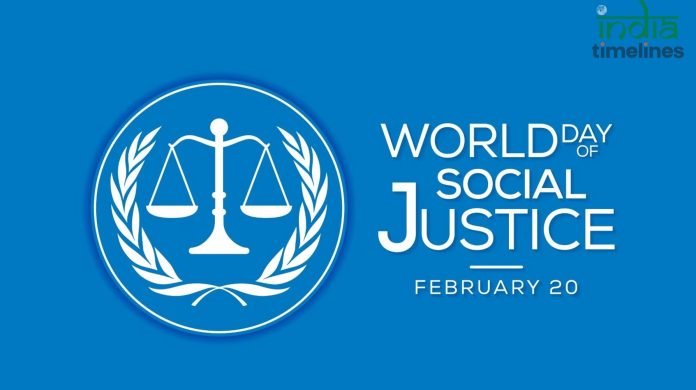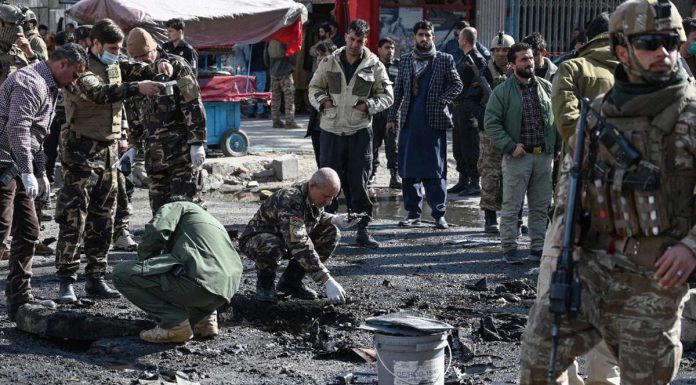
In a world that constantly strives for equality and fairness, the World Day of Social Justice stands as a beacon, reminding us of the collective responsibility to address issues of poverty, exclusion, and inequality. This annual observance, marked on February 20th, serves as a global call to action for social justice and promotes efforts to tackle pressing social issues.
History of World Day of Social Justice
The roots of the World Day of Social Justice can be traced back to the World Summit for Social Development held in Copenhagen in 1995. It was then that world leaders recognized the need for a day dedicated to promoting social justice and eradicating poverty, encouraging the global community to work towards a more equitable and inclusive society.
Significance and Objectives
The significance of this day lies in its commitment to addressing the systemic issues that lead to social inequality. Its primary objectives include promoting equal opportunities, access to resources, and social protection for all, irrespective of race, gender, or economic status.
World Day of Social Justice 2024 Theme
Each year, the day adopts a theme that reflects the current challenges and priorities in the quest for social justice. The theme for 2024 centers around fostering inclusive societies and ensuring equal opportunities for all. It encourages nations and communities to explore innovative solutions to longstanding problems.
Global Events and Initiatives
On the occasion of the World Day of Social Justice, numerous global events and initiatives take place. These events serve as platforms for discussions, workshops, and collaborations aimed at finding practical solutions to social injustices. From panel discussions on racial equality to grassroots movements addressing poverty, the day sees a plethora of activities worldwide.
Achievements and Impact
Over the years, the World Day of Social Justice has achieved notable milestones. It has contributed to increased awareness, policy changes, and the implementation of programs that aim to uplift marginalized communities. The impact can be seen in improved living conditions, better access to education, and enhanced social integration.
The Role of Individuals in Promoting Social Justice
While governments and organizations play a crucial role, individuals too have a responsibility in promoting social justice. Acts of kindness, empathy, and understanding contribute to the creation of a more just and equitable society. Small actions collectively lead to significant changes.
Challenges in Achieving Social Justice
Despite the progress made, challenges persist. Systemic inequalities, discrimination, and lack of resources pose hurdles in the path towards social justice. Addressing these challenges requires sustained efforts and a united global front.
Key Messages and Campaigns
World Day of Social Justice serves as a platform for conveying key messages. Campaigns around this day focus on empowering the vulnerable, raising awareness on social issues, and inspiring communities to take meaningful actions towards justice and equality.
United Nations’ Involvement
The United Nations plays a pivotal role in coordinating global efforts for social justice. Through various agencies and initiatives, the UN works towards creating a world where no one is left behind, aligning with the Sustainable Development Goals.
Empowering Vulnerable Communities
A crucial aspect of social justice is empowering vulnerable communities. Initiatives that provide education, healthcare, and economic opportunities to these communities contribute significantly to creating a more just world.
Education as a Catalyst for Social Justice
Education is often considered a powerful catalyst for social change. By promoting inclusive education and raising awareness about social issues, societies can foster a sense of understanding and empathy, breaking down barriers that perpetuate injustice.
Sustainable Development Goals and Social Justice
The World Day of Social Justice aligns with the United Nations’ Sustainable Development Goals, emphasizing the interconnectedness of social justice with broader global development objectives. It emphasizes the need for a comprehensive and integrated approach to achieve lasting change.
Future Outlook for Social Justice
Looking ahead, the future of social justice relies on sustained efforts from individuals, communities, and nations. Advocacy, policy changes, and grassroots movements will continue to shape a more inclusive and equitable world.
Conclusion
In conclusion, the World Day of Social Justice serves as an annual reminder of our collective responsibility to address social inequalities. By fostering inclusive societies, empowering vulnerable communities, and advocating for change, we can contribute to the realization of a more just and equitable world.
FAQs
1. What is the significance of the World Day of Social Justice?
The day signifies a global commitment to addressing social inequalities, promoting equal opportunities, and ensuring social protection for all.
2. How can individuals contribute to social justice?
Individuals can contribute by practicing empathy, promoting inclusivity, and participating in initiatives that address social issues.
3. What are the key objectives of the World Day of Social Justice?
The primary objectives include promoting equal opportunities, access to resources, and social protection for all.
4. How does education contribute to social justice?
Education acts as a catalyst for social change by promoting inclusivity and raising awareness about social issues.
5. What is the role of the United Nations in promoting social justice?
The UN plays a crucial role in coordinating global efforts for social justice, aligning with the Sustainable Development Goals.



































